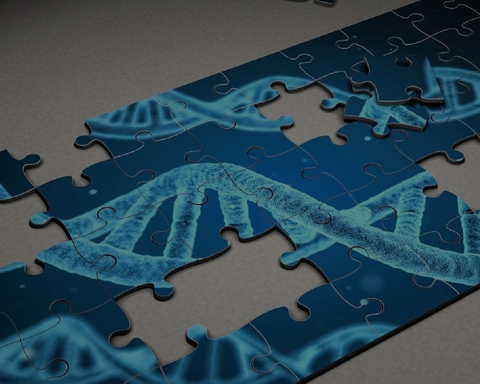Press Statement – Alfie Evans: A Brief Statement of the Fundamental Ethical Principles
Alfie Evans – A Brief Statement of the Fundamental Ethical PrinciplesThe case of Alfie Evans will remind people of the case of Charlie Gard last year [1]. Although the medical facts differ, the fundamental ethical principles involved are very similar. Every human life is worthy of respect, and patients’ lives should not be targeted deliberately, although not every treatment is worth pursuing.
Doctors should not be forced to continue treatment if they believe it offers little or no benefit relative to the burdens it entails, nor should they be forced to refer for specific treatments that they do not believe to be in the best interests of their patient. On the other hand, doctors should not prevent competent patients from seeking, for example, life-sustaining or palliative care or treatment from another doctor. Indeed, patients have a right to a second medical opinion and a general right to seek alternative treatment.
In the case of children, it is the parents who have prime responsibility for their own child and this responsibility entails the right to protect their child’s interests as they see them. Parental rights, which exist for the sake of the child in the first instance, should not be taken from parents unless they have been shown to have acted unreasonably and put their child at significant risk. Doctors do not always get things right in treatment or care, and where parents have lost faith in the doctors caring for their child they may seek treatment and care for their child elsewhere. If the child can be moved without undue risk or burden, the parents should normally be permitted to transfer the care of their child to other suitably qualified doctors, whether in this country or abroad.
In this case it is not clear that the treatment itself is causing Alfie to suffer and it is not clear whether Alfie may not still be able to experience some simple pleasures such as having his arm stroked. No doubt there are good reasons to direct expensive treatments or facilities to those who are most likely to benefit (and ideally, to recover). However, if the treatment is not itself excessively burdensome and the resources are available then there is a reasonable case for continuing life sustaining treatment and care.
As a general rule, withdrawing or withholding treatment may be justified if the motive is to spare a patient unduly burdensome procedures. However, burdens caused by a procedure should not be confused with suffering caused by a particular condition or disability, even if the latter may be relevant to the patient’s ability to benefit. If the motive is to end what is seen as a ‘worthless’ life due to illness or disability, this can never be justified. No human life is worthless, and treatment may only be withdrawn for the right reasons, such as lack of resources or undue burden in relation to its benefits.
[1] For more on Charlie Gard’s medical condition see the website of Great Ormond Street Hospital: https://thaddeuspope.com/images/Frequently_asked_questions_about_the_Charlie_Gard_court_case___Great_Ormond_Street_Hospital.pdf [Ed: Originally at http://www.gosh.nhs.uk/frequently-asked-questions-about-charlie-gard-court-case (now dead link)]
Most recent
Press Release – Anscombe Bioethics Centre Launches ‘Advance Decisions and Ethical Choices’ Project
31 July 2025
The Anscombe Bioethics Centre is pleased to launch a new suite of resources on advance statements, l...
Statement on the Anscombe Bioethics Centre
31 July 2025
A statement from the Governing Body of the Anscombe Bioethics Centre and the Trustees of the Catholi...
Copyright Announcement
25 July 2025
Henceforth, all work which had Anscombe Centre or Linacre Centre copyright is now dedicated to the p...
Sincerest Thanks for Your Support
Staff are grateful to all those who sustained the Centre in the past by their prayers and the generous financial support from trusts, organisations, communities and especially from individual donors, including the core funding that came through the Day for Life fund and so from the generosity of many thousands of parishioners. We would finally like to acknowledge the support the Centre has received from the Catholic community in Ireland, especially during the pandemic when second collections were not possible.
We would like to emphasise that, though the Centre is now closed, these donations have not been wasted but have helped educate and support generations of conscientious healthcare professionals, clerics, and lay people over almost 50 years. This support has also helped prevent repeated attempts to legalise euthanasia or assisted suicide in Britain and Ireland from 1993 till the end of the Centre’s work on 31 July 2025.



